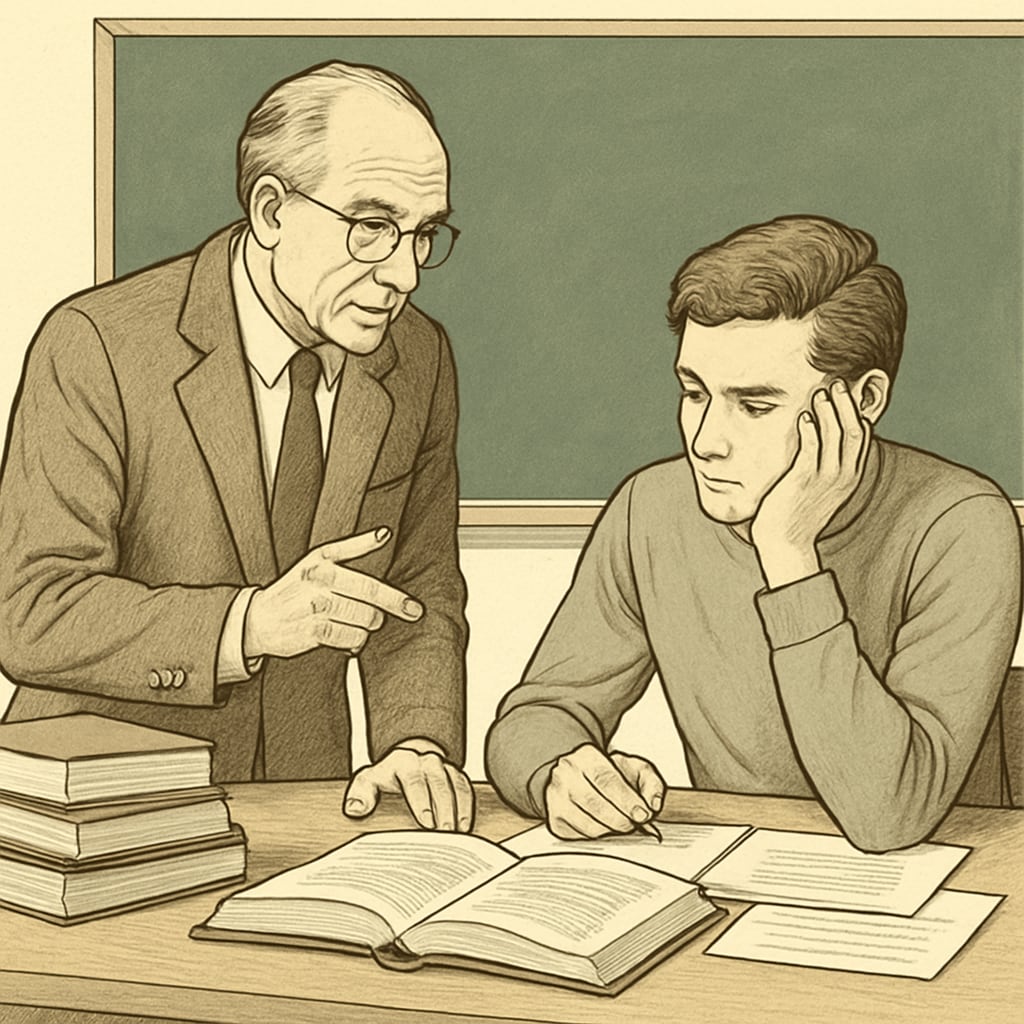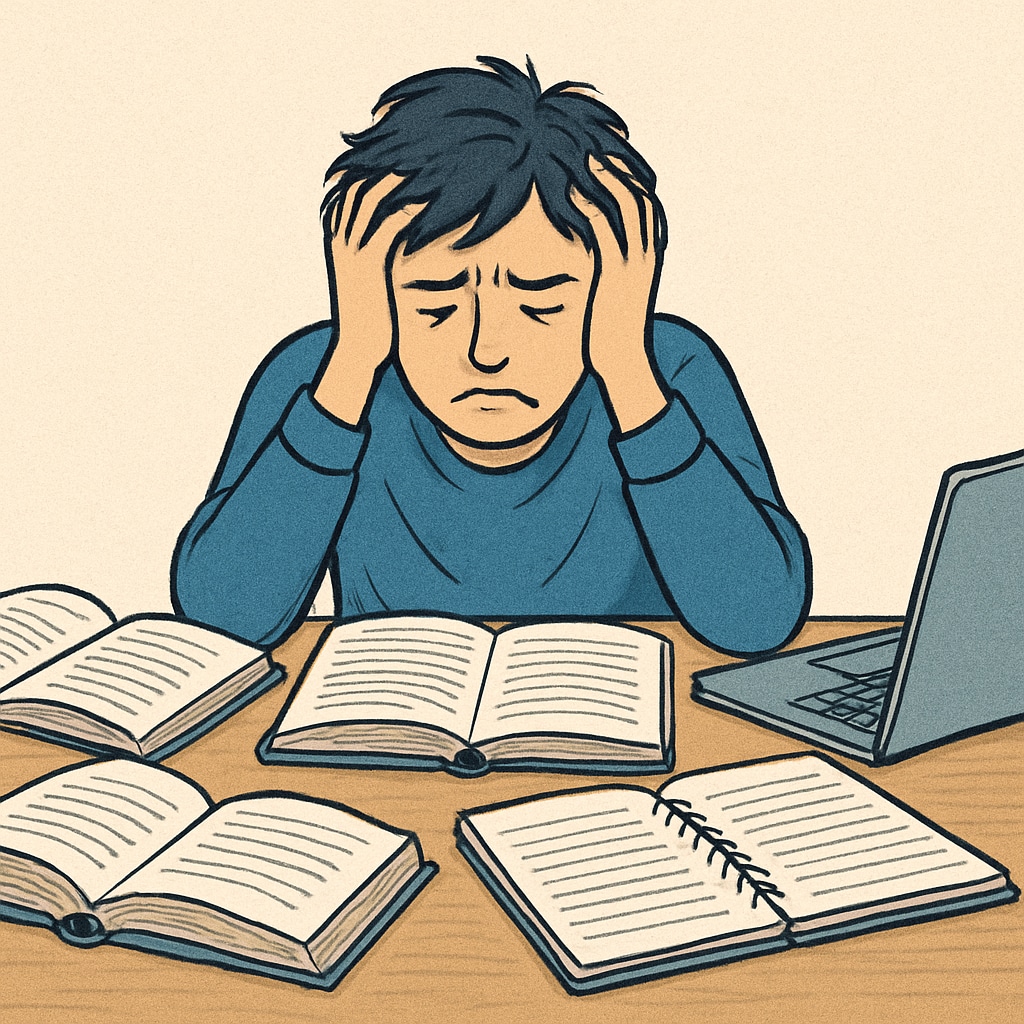In the realm of K12 education, accusations of plagiarism often carry significant weight. When professors misuse their authority to levy unfounded plagiarism accusations, it can have profound consequences on students’ academic development and mental health. This article delves into the issue of unfair plagiarism accusations, examining the dangers they pose to students and exploring solutions to create a transparent and equitable academic evaluation system.

The Consequences of Misusing Plagiarism Accusations
Plagiarism accusations, when valid, serve as an essential tool for maintaining integrity in education. However, when these accusations are unfounded, the consequences can be damaging. Students who are wrongfully accused often experience feelings of humiliation, frustration, and distrust toward the academic system. These emotional burdens may lead to long-term psychological effects such as anxiety, depression, and reduced confidence in pursuing academic challenges.
Furthermore, unjust accusations can discourage creativity and exploration in students’ academic work. For example, a student who fears being labeled as a plagiarist may avoid drawing inspiration from external sources altogether, even when proper citations are used. As a result, their growth as critical thinkers and innovators may be stifled.

Understanding the Root Causes of Unfair Accusations
Several factors contribute to the misuse of plagiarism accusations by professors. In some cases, the misunderstanding of plagiarism itself can lead to erroneous claims. For instance, professors may mistake proper paraphrasing or citation as plagiarism due to inadequate training in recognizing legitimate academic practices.
Additionally, biases—whether conscious or unconscious—can play a role. Students from marginalized backgrounds may be disproportionately targeted due to preconceived notions about their abilities or access to resources. This inequity undermines the principle of fairness in education and perpetuates systemic barriers.
Promoting Transparency in Academic Evaluation
Addressing the issue of unfair plagiarism accusations requires a multi-faceted approach. First, institutions must prioritize the implementation of transparent academic evaluation systems. These systems should include clear guidelines for identifying plagiarism, ensuring that professors and students alike have a consistent understanding of academic standards.
Moreover, the use of technology, such as plagiarism detection software, can be helpful. However, these tools need to be supplemented with human oversight to prevent false positives. For example, automated systems may flag common phrases or properly attributed citations, which should not be considered plagiarism under most circumstances.
Finally, fostering open communication between professors and students is crucial. When students have the opportunity to clarify their work and present evidence of their academic integrity, the likelihood of unjust accusations diminishes significantly.
Conclusion: The Need for Academic Justice
Unfair plagiarism accusations by professors can harm students in multiple ways, from hindering their academic growth to affecting their mental well-being. To safeguard academic justice, institutions must take proactive steps to establish transparent and unbiased evaluation processes. By doing so, we can ensure that education remains a space for growth, creativity, and fairness for all students.
For more insights into academic integrity, visit Academic Integrity on Wikipedia or explore Plagiarism on Britannica.
Readability guidance: Short paragraphs and clear headers organize the content for better comprehension. Lists and examples are used to emphasize key points, while overusing technical jargon is avoided to maintain accessibility.


